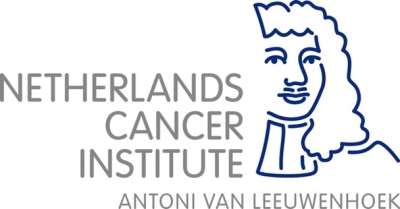Circulating tumour DNA as biomarker for personalised treatment with adjuvant chemotherapy
Colorectal cancer (CRC) is the third most common type of cancer in the Netherlands. Patients with tumor cells in regional lymph nodes at time of diagnosis have stage III disease. Clinical guidelines advise surgery followed by systemic adjuvant chemotherapy for all stage III colon cancer patients, however, 55% would be cured by surgery alone and are currently overtreated. Detection of circulating tumor DNA (ctDNA) in liquid biopsies after surgery with curative intent is indicative for minimal residual disease and highly prognostic for disease recurrence. The private partner Personal Genome Diagnostics (Baltimore, USA) offers an ultra-sensitive technique for detecting ctDNA mutations and therefore minimal residual disease. In this way, liquid biopsy ctDNA analysis is a promising biomarker to guide decisions who (not) to treat with adjuvant chemotherapy, with realistic potential to be applied for personalised treatment in clinical setting.
The consortium will run a prospective observational ctDNA study in stage III colon cancer patients who receive adjuvant chemotherapy: 1) to determine what proportion of patients has a post-surgery ctDNA-positive test; and 2) to determine recurrence rates in both post-surgery ctDNA-negative and post-surgery ctDNA-positive patients. Next, using these data, they will design an interventional clinical trial that aims to reduce futile treatment with adjuvant chemotherapy.
This prospective biomarker study is expected to demonstrate the prognostic value of ctDNA testing for disease recurrence in stage III colon cancer patients, and the response rate to adjuvant chemotherapy in post-surgery ctDNA-positive patients. These observations will be used to design an ethically acceptable and cost-effective ctDNA-guided interventional trial to reduce futile treatment and thereby unnecessary side-effects of stage III colon cancer patients, e.g. ‘watchful waiting for post-surgery ctDNA-negative stage III colon cancer patients at clinically low risk of disease recurrence’.




